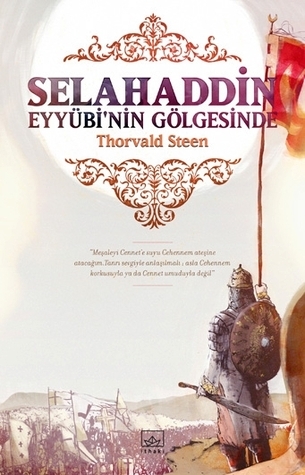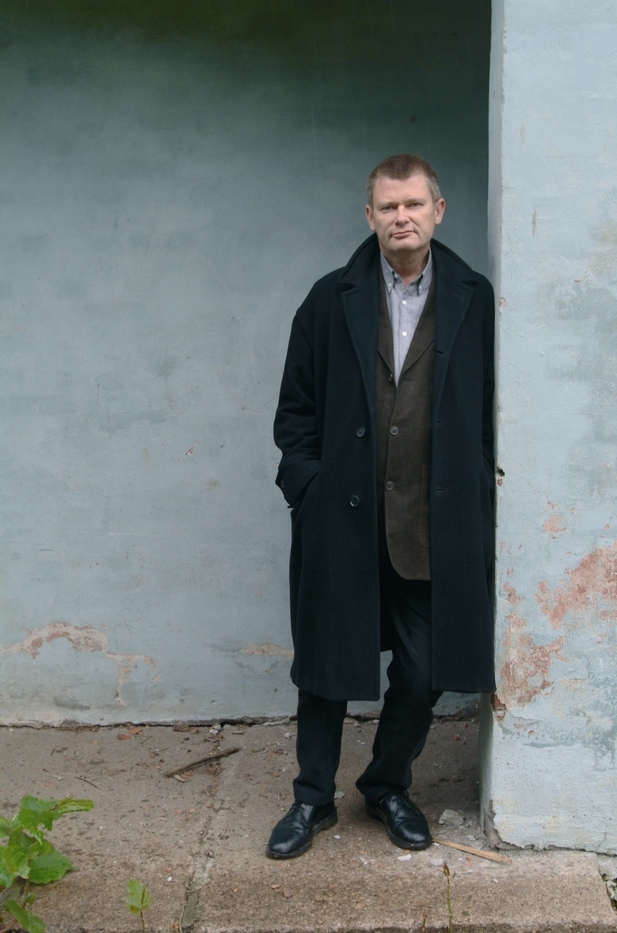
Richard I (1157–99) was king of England from 1189 until his death, but he is best known as a soldier, not a monarch. He earned his moniker Richard the Lionheart as a knight and military leader, and his revolt against his father Henry II and his conquest of Cyprus as part of the Crusades helped to solidify his historical legend. In Lionheart, Norwegian author Thorvald Steen, celebrated for his historical novels, brings his characteristic accuracy and artistic vision to the life of Richard I. Lionheart is the story of a man living in the shadow of his own myth, also a fanatic general who wants to conquer the world’s greatest sanctum and a king that is suddenly vulnerable. At the age of fifteen he leads an army against his father. Fourteen years later he is the Pope’s obvious choice to lead the third Crusade. But the Richard of Steen’s novel is less sure of himself and his role—is it true that he is God’s chosen one, like his mother says? Built on extensive research, Steen paints a dark and conflicted, yet credible and convincing, portrait of a man who has engrossed historians, poets, novelists and readers for centuries. "Thorvald Steen’s new novel Lionheart is a fascinating read... Steen manages to give flesh and blood to a historical icon, and creates a story with energy, dressed in sober yet sublime language."— Dagsavisen, on the Norwegian edition
Author

Thorvald Steen is a Norwegian writer. He made his literary debut in 1983, and has subsequently published a wide range of novels, plays, collections of poems, books of short stories, children’s books and essays. He has distinguished himself as one of Norway’s leading internationally-oriented writers. His Norwegian breakthrough came in 1992 with a cycle of poems, Ilden (The Fire) and shortly afterward he achieved international recognition with his creative historical novels Don Carlos (1993), Giovanni (1995), Constantinople (1999), The Little Horse (2002), Camel Clouds (2004) and Lionheart (2010). In 2006 Steen wrote the coming-of-age novel The Weight of Snow Crystals, which was followed in 2008 with the freestanding sequel The Longest Leap. Steen’s work is translated into more than 20 languages and he has received several literary prizes, both at home and abroad. In 1993 he received Gyldendals legat (Gyldendal's Endowment). The Belgian newspaper Le Soir declared Don Carlos one of the five best novels translated into French in 1996. The newspaper Clarin in Argentina chose Steen as “Best new writer” for Don Carlos the same year. In 2001 he received the Norwegian Dobloug Prize for his entire work. The novel Camel Clouds was elected novel of the year by the Turkish newspaper Bir Gun in 2006 and won the Slovak Jan Holly Award in 2007. In 2006 Steen received the Comenius Medal from the University of Bratislava for his historical novels, and in 2010 he received the Thomsen Prize. Steen was the chairman of The Norwegian Authors' Union (1991–97) and he has been an honorary member of the union since 1997. He has also been Chairman of the Board in Norla (Norwegian Literature Abroad) since 1997 and a member of the Board of PEN since 2003. In 2004 he received a Governmental Stipend from the Norwegian Minister of Culture.